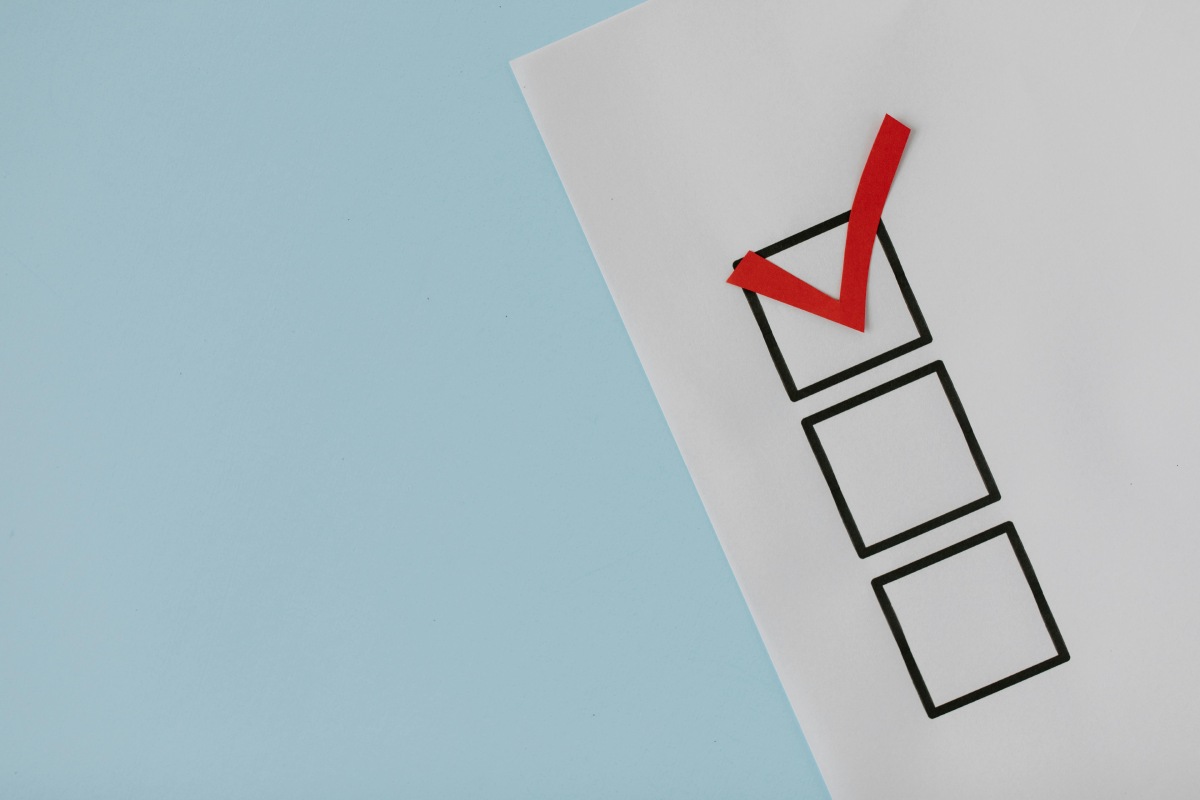Startup
New Business Legal Checklist: What to Know Before Launching

Starting a business feels exciting, but it also comes with a lot of paperwork and rules. Every choice has a legal side to it. Miss a step, and it can cost money or time later. A clear checklist helps keep things on track. No need for legal jargon. These are just simple steps to keep your business safe and set up right. The goal is to make smart decisions early. That way, the business stands on strong ground from day one.
Pick the Right Legal Structure
Choosing a business structure is one of the first big steps. It shapes taxes, paperwork, and risk. You can go with a sole proprietorship, partnership, LLC, or a corporation. Each has pros and cons. An LLC offers personal protection with simple rules. A corporation may be better if investors are involved. Talk with a tax expert or legal guide to help match your goals. Picking the wrong setup can lead to more taxes or legal risks. Choose carefully and adjust later if needed.
Register Your Business Name
Your business name should match your brand, but it also needs to be legal. First, check if the name is taken in your state. You can search online or through the Secretary of State. If it’s available, register it to claim ownership. You may also want a “Doing Business As” (DBA) name if you’re using a name different from your legal name. Don’t forget to check for trademarks, too. The right name helps build trust and avoids future legal fights over brand rights.
Apply for Licenses and Permits
You may need licenses to open your doors. These depend on your business type and location. A food truck needs health permits. A salon may need a state license. Some businesses need federal licenses, too, like ones dealing with alcohol or firearms. Check city, county, state, and federal rules. It sounds like a lot, but missing even one permit can lead to fines or a forced shutdown. Keep everything in a folder or digital file so it’s easy to update and renew each year.
Get a Federal EIN
An Employer Identification Number (EIN) is like a Social Security number for your business. The IRS uses it to track taxes. You need one to hire workers, open a business bank account, or file taxes. Even if you don’t have employees yet, getting an EIN is smart. It also makes your business look more legit. You can apply online through the IRS for free. Please don’t wait too long because banks and vendors may ask for it when you set up accounts or contracts.
Draft Strong Contracts
Even small businesses need good contracts. These protect you when things go wrong. A clear contract covers payment, timelines, duties, and what happens if someone breaks the deal. Don’t rely on handshake deals or emails. If you work with clients, hire staff, or rent space, use a written agreement. It’s also wise to have a lawyer check your standard contract. Templates help, but every business is different. Good contracts save money by preventing future problems.
Protect Your Intellectual Property
If you’re building a brand, your ideas have value. That includes your logo, name, design, and even website content. Consider trademarking your name or logo to stop others from copying it. Copyright protects written or visual work like photos or blog posts. A patent helps if you create something new and useful. These steps might sound formal, but they protect your hard work. If you start your new business without this in place, someone else might steal your brand and profit from it.
Open a Separate Business Bank Account
Mixing business and personal money causes trouble. Open a business account as soon as you can. It keeps taxes cleaner and helps track spending. Most banks will ask for your EIN, business license, and formation documents. Using a separate account builds credit under your business name. That helps if you need a loan later. It also shows vendors and clients that your business is serious. Keep a simple record of income and spending. This makes tax season smoother and helps avoid issues with the IRS.
Conclusion
There’s a lot to do before launching a business. But with a solid checklist, each step gets easier. From picking a name to protecting your brand, every detail matters. These legal steps may not feel exciting, but they lay the foundation. Starting clean means fewer problems down the road. It also builds trust with clients, banks, and partners. Take it one step at a time. A legally strong business grows with confidence, ready for whatever comes next.
-

 Business4 weeks ago
Business4 weeks agoCorporate Social Responsibility in Action: Amerilodge’s Support of Health and Education Causes
-

 Business3 weeks ago
Business3 weeks agoWhere There Is a Will, There Is a Way: Hayson Tasher and the New Year, New Me Mindset in Security Entrepreneurship
-

 Health3 weeks ago
Health3 weeks agoMy Juno Health Enterprise Partnerships Signal Shift From Claims Management to Utilization Prevention
-

 Business3 weeks ago
Business3 weeks agoAlain Khoueiry and His Mission to Present Kazakhstan as a Land of Opportunity and Wonder
-

 Health2 weeks ago
Health2 weeks agoShame, Trauma, and the Mind-Body Connection: How Dr. Karina Menali’s Kai Wellness Frames Emotional Healing as Integral to Physical Health
-

 Music3 weeks ago
Music3 weeks agoBTS will Return With ‘BTS THE COMEBACK LIVE | ARIRANG’ Concert and New Documentary on Netflix
-

 Apps4 weeks ago
Apps4 weeks agoBest Apps with Simple IPO Application Process
-

 Tech2 weeks ago
Tech2 weeks agoBobby Atkins, Stonington Connecticut: How Effective Material Handling Supports On-Time Manufacturing Output






















